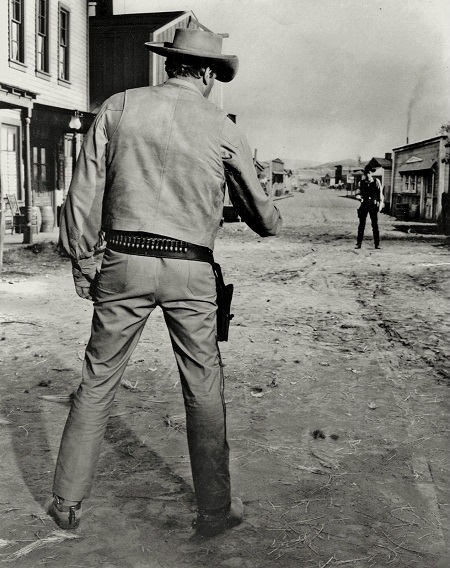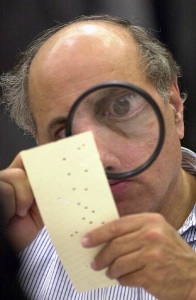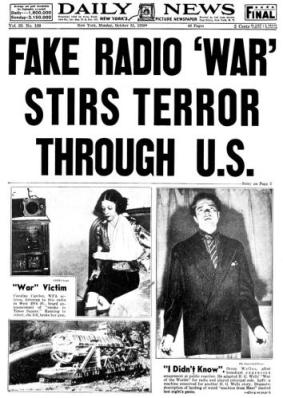I recently perked some interest here in a comment when I mentioned how my dad, who taught various forms of weapon use while a trainer in the Infantry, railed at every example of a “Mexican stand-off” represented in a movie or TV show. “First one to shoot wins, or both quickly realize that there’s a mistake, and put down the guns,” he said. I was inspired by the Netflix Western “The Ballad of Lefty Brown,” which is very good, but the writer really liked Mexican stand-offs.
Another example is the old, dusty street showdowns Westerns have featured for a hundred years. They just didn’t happen, except for a few anomalies. One of them occurred this date in 1865, when Wild Bill Hickok faced off in the Springfield, Missouri city square against a former Confederate soldier named Davis Tutt in a dispute over a watch. Wild Bill won—his skill with a pistol was no myth—but the dime novel writers used the episode and Hickok’s colorful persona to create the impression back East that Wild West gun fighters were having quick draw showdowns daily. In fact, the Hickok-Tuttle affair was the first one documented.
The classic western showdown, also called a walkdown, was far rarer than drunken men shooting at each other spontaneously, ambushes and sneak attacks. The showdowns aren’t even as common in the movies as some people think who should know better. One article on the History Channel site talks about showdowns “like in ‘High Noon.'” Despite the title, there is no classic showdown in “High Noon.” And once he stopped making two-reelers as a B-movie star, John Wayne’s characters were never in any “middle of the street” duels either. Continue reading








